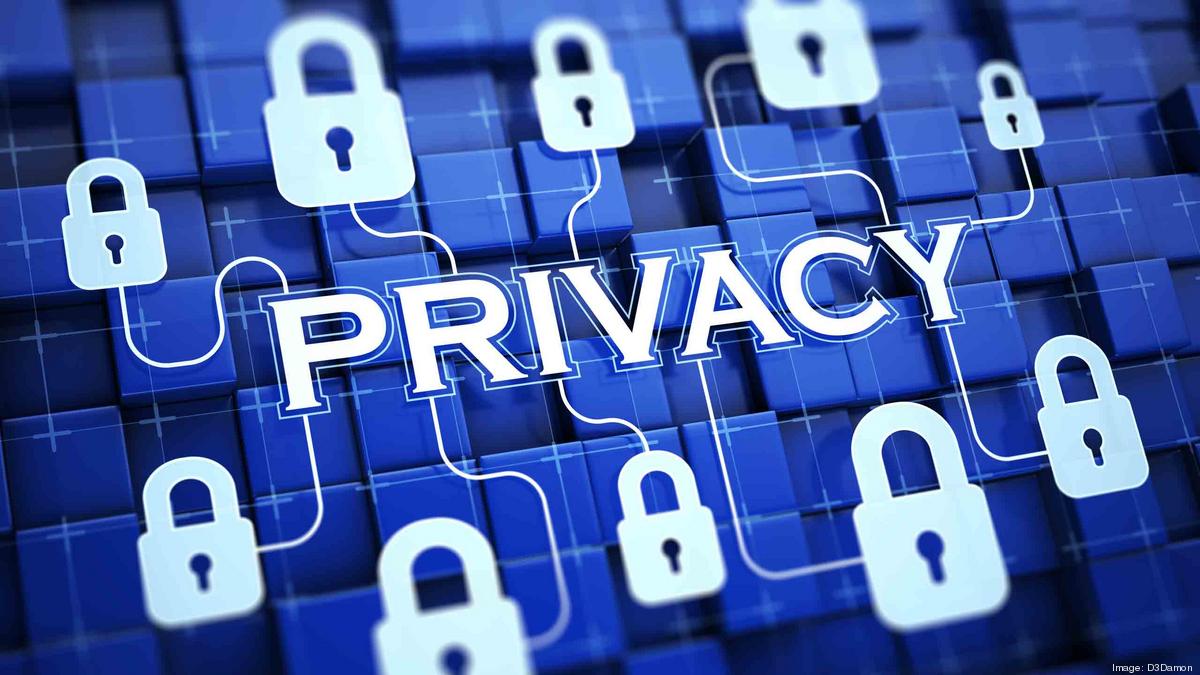Why These 7 Little-Known Facts About Internet Privacy Are Crucial for Your Safety
In this era of digital connectivity, our lives are more closely integrated than at any other time. We shop online, share our thoughts on social media, and handle sensitive information with just a few clicks. While this connectivity brings convenience, it also raises significant concerns about internet privacy. Understanding the 7 Little-Known Facts About Internet Privacy is crucial for safeguarding your personal information and ensuring your online safety.
Let’s see the 7 little-known facts about internet privacy that you might not be aware of, but that are essential for protecting yourself in the digital realm.
1. Your Data Is Often Collected Without Explicit Consent
You might think that you’re only sharing data when you fill out forms or subscribe to newsletters, but in reality, data collection happens in many more subtle ways. Websites and apps often collect information through cookies, tracking pixels, and even your device’s unique identifiers.
Why It Matters
This data can be used to build a profile of your online behavior, which can then be sold to advertisers or used for targeted marketing. More alarmingly, this information can sometimes be accessed by hackers if the data is not adequately protected.
What You Can Do -7 Little-Known Facts About Internet Privacy
- Review Privacy Settings: Regularly check the privacy settings on your devices and accounts.
- Use Privacy Tools: Consider using browser extensions that block trackers and cookies.
2. Your IP Address Reveals More Than You Think
An IP address is like a digital fingerprint—it can provide a lot of information about you, including your approximate location and the type of device you’re using.
Why It Matters
Knowing your location and device type allows websites and advertisers to tailor their content and ads specifically for you. While this might seem harmless, it can also be used for more intrusive purposes, such as tracking your movements or targeting you with personalized scams.
What You Can Do
- Use a VPN: A Virtual Private Network (VPN) masks your IP address, adding an extra layer of privacy.
- Browse Anonymously: Consider using anonymous browsing tools like Tor for more privacy.
3. Public Wi-Fi Networks Are a Privacy Minefield
Public Wi-Fi networks, like those in cafes or airports, are convenient but can be a major privacy risk. These networks frequently lack proper security, allowing hackers to easily intercept your data.
Sensitive information, such as login credentials or financial data, can be intercepted by malicious actors using tools designed to snoop on unencrypted traffic.
What You Can Do
- Avoid Using Public Wi-Fi for Sensitive Transactions: Stick to secure connections, especially for financial or personal transactions.
- Use a VPN on Public Networks: Encrypting your connection with a VPN can protect your data from prying eyes.
4. Social Media Posts Can Be More Public Than You Realize
Social media platforms are designed to share information, but many users don’t realize just how public their posts can be. Even with privacy settings in place, posts can be accessed by unauthorized users or inadvertently shared.
Why It Matters
Information you share on social media can be used to build a profile of you, which can be exploited for identity theft or targeted scams. It’s also possible that even private messages can be accessed if the platform is compromised.
What You Can Do – 7 Little-Known Facts About Internet Privacy
- Limit Sharing: Be mindful of what you share and who can see it.
- Regularly Review Privacy Settings: Adjust your settings to limit access to your information.
5. Data Breaches Are More Common Than You Think
Why It Matters – 7 Little-Known Facts About Internet Privacy
Breaches can result in identity theft, financial damage, and other significant repercussions. Once your data is out there, it can be difficult to control or recover.
What You Can Do – 7 Little-Known Facts About Internet Privacy
- Use Unique Passwords: Ensure that each account has a unique password.
- Activate Two-Factor Authentication (2FA): Enhance your account security by adding an additional verification step to safeguard against unauthorized access.Keep an Eye on Your Accounts: Routinely review your financial records and online profiles to detect any unusual or suspicious activities.
- Monitor Your Accounts: Keep an eye on your financial statements and online accounts regularly to spot any unusual or suspicious activity.
6. Data Mining Can Reveal More About You Than You Think
Data mining involves analyzing large sets of data to uncover patterns and insights. This technique can be used to make predictions about your behavior, preferences, and even your future actions.
Why It Matters
Data mining can be used to manipulate or influence your decisions, such as targeting you with specific ads or content. In more extreme cases, it can be used for more nefarious purposes, like voter manipulation or psychological profiling.
What You Can Do
- Be Wary of Surveys and Quizzes: These can be used to collect data on your preferences and behaviors.
- Limit Data Sharing: Be cautious about the amount of personal information you provide online.
Parents’ Behavior and Astrology explained by Kukshita | Maya (mayathevoice.com)
7. Your Digital Footprint Is Permanent
Every online action you take leaves a digital footprint. From the websites you visit to the comments you post, this footprint can be used to track your activities over time.
Why It Matters
A permanent digital footprint means that once something is online, it can be difficult to completely remove. This can impact your privacy and even your reputation if personal or sensitive information is exposed.
What You Can Do
- Be Mindful of Your Online Presence: Think carefully about what you post and where you post it.
- Use Privacy Settings and Tools: Utilize tools and settings that help manage and protect your digital footprint.
Understanding these little-known facts about internet privacy is crucial for protecting yourself in today’s digital world. By being aware of how your data is collected, used, and potentially compromised, you can take steps to safeguard your personal information and enhance your online safety.
From using privacy tools and practicing good online habits to staying informed about data breaches and protecting your digital footprint, there are many ways you can take control of your internet privacy. Staying proactive and vigilant is key to navigating the digital landscape securely and confidently.



